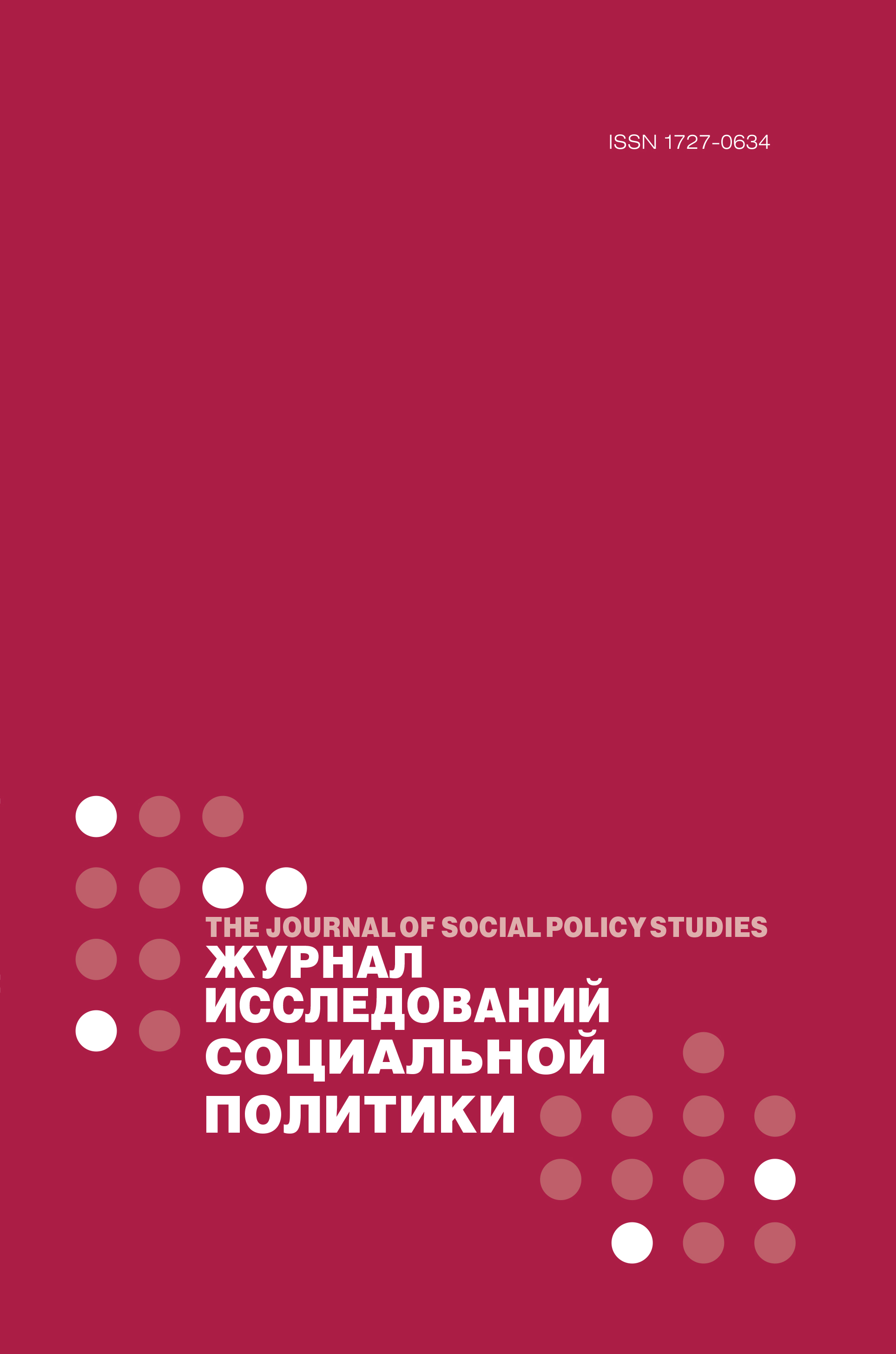Professional Burnout of Social Service Employees: Organization Al Predictors in a Crisis Conditions
Abstract
Contemporary work in the field of social services is inextricably linked with the risk of professional burnout, exacerbated by stressful conditions, crises, and interactions that require emotional involvement and high professionalism. The article presents the results of research on professional burnout among employees and organizational predictors that influence its development. Using the example of two institutions that began merging in 2021, the authors examine which factors in work structure and personnel management contribute to the intensification of symptoms of tension, resistance, and exhaustion among the staff. The results obtained through surveys, interviews, and time studies point to significant overloads and emotional exhaustion of employees, caused both by direct job duties and limited opportunities for career and professional growth. Particular attention is paid to analyzing the impact of the COVID‑19 pandemic, which has exacerbated existing negative trends in social services – from increased workload to worsening bureaucratic procedures, contributing to additional emotional pressure on employees. The authors note a close relationship between organizational conditions and the level of professional burnout: a lack of support from management and colleagues, opaque personnel procedures, and limited opportunities for motivation significantly increase stress levels among employees. The article emphasizes that responsibility for professional burnout is often placed on employees, while ignoring the contribution of the organization and administrative resources, indicating a problem with management effectiveness. The authors stress that combating professional burnout requires a profound restructuring of managerial processes and approaches to work organization.















